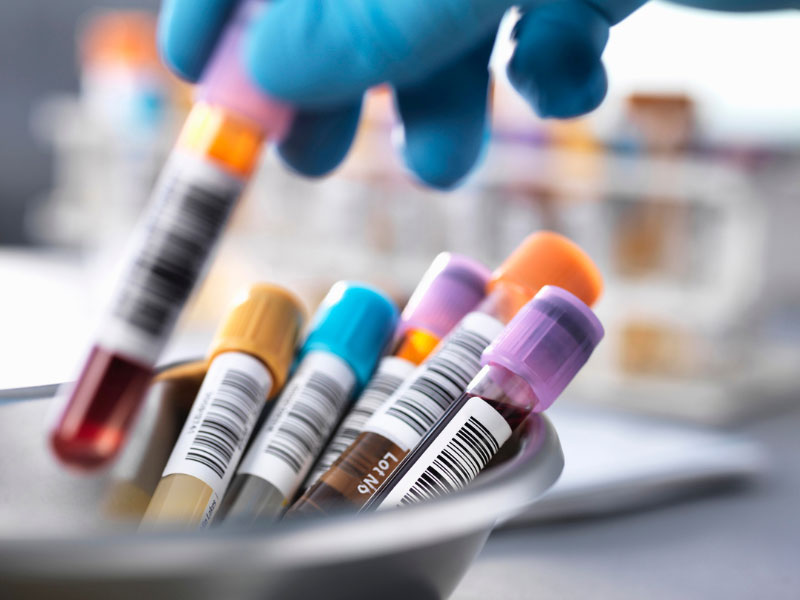
Join Patient Registries to Accelerate Research and Find Treatments for Rare and Undiagnosed Conditions

Navigating the world with a child with a rare or undiagnosed condition can be challenging. What if there were a way to contribute to research and understanding these diseases while seeking better care and outcomes for your child? That’s where patient registries come into play. They can help accelerate research and bring us closer to treatments and cures for many rare and undiagnosed conditions. Continue reading to learn about patient registries, why they’re essential, and how to participate.
Patient registries have been critical in advancing the understanding of rare and undiagnosed diseases in recent years. They collect patient information about a condition or disease, including patient histories, genetic information, and treatment outcomes. Registries are invaluable resources for researchers and medical professionals trying to understand, treat, and cure rare and undiagnosed diseases.
Often, rare and undiagnosed diseases pose a unique challenge due to their low prevalence. It can be difficult for researchers to find enough patients for clinical trials or to generate meaningful statistical data. Patient registries can help overcome this hurdle by pooling patient data from different sources and regions, providing a large, valuable dataset.
Patient registries can facilitate and accelerate research on rare and undiagnosed diseases by providing a wealth of information. They enable researchers to identify patterns and correlations that may lead to breakthroughs in understanding these conditions.
Patient registries can support developing and conducting clinical trials for rare and undiagnosed diseases. They allow for the recruitment of patients, monitoring of outcomes, and collection of real-world evidence.
Once a drug is approved and enters the market, registries can be crucial in monitoring its long-term safety and efficacy. That’s especially important for rare diseases, where initial clinical trials may involve small patient groups, limiting the ability to identify rare side effects or long-term outcomes.
As a parent or caregiver of a child with a rare or undiagnosed disease, participating in a patient registry can be a powerful way to contribute to the research and help advance our understanding of these conditions. While joining a patient registry is a personal decision made in consultation with your healthcare provider, the potential benefits to the broader community are significant.
The data provided can aid in developing new treatments and therapies, improving the quality of life for those affected by these conditions. Patient registries are essential in moving research forward for rare and undiagnosed diseases, playing a role that is as crucial as it is transformative.
Here’s how you can get involved:
Reach out to relevant organizations or institutions that manage registries for your child’s condition and register them. Ask your healthcare provider If you don’t know how to locate a registry.
Provide as much detailed information about your child’s condition, symptoms, treatments, and progress as possible. The more comprehensive the data, the more useful it is for research.
Make sure to regularly update your child’s information in the registry to maintain the accuracy and relevance of the data.
If the concept of patient registries seems a bit abstract, the following success stories illustrate the impact of patient registries
The Cystic Fibrosis Foundation Patient Registry has been instrumental in improving the understanding and treatment of cystic fibrosis, dramatically increasing patient life expectancy.
The Duchenne Connect Registry has been invaluable in advancing research on Duchenne muscular dystrophy and facilitating the development of new treatments.
As a parent or guardian of a child with a rare or undiagnosed disease, you can play a pivotal role in advancing research and finding new treatments. By participating in patient registries, you can contribute to the collective understanding of these conditions and help bring hope to families worldwide.
The dedicated team at TGen’s Center for Rare Childhood Disorders (also known as the Center) and others continue their groundbreaking research to find answers and develop treatments. Through the generosity of donors, the Center provides genomic testing for families at no charge and continues its work to provide solutions and cures to families and their children.